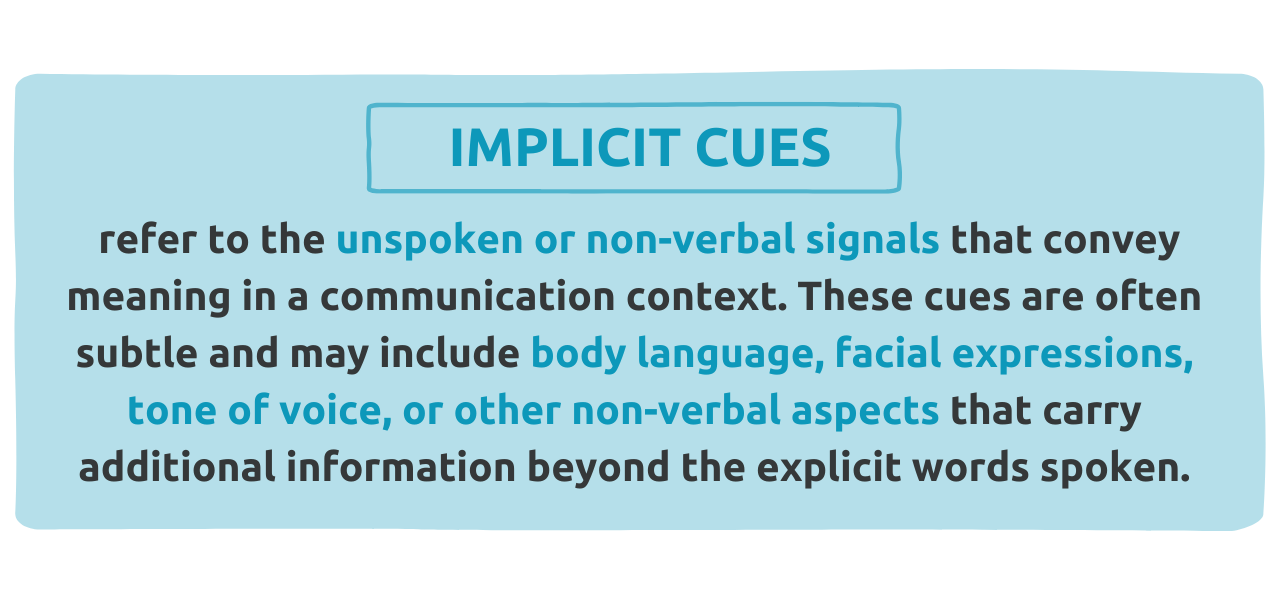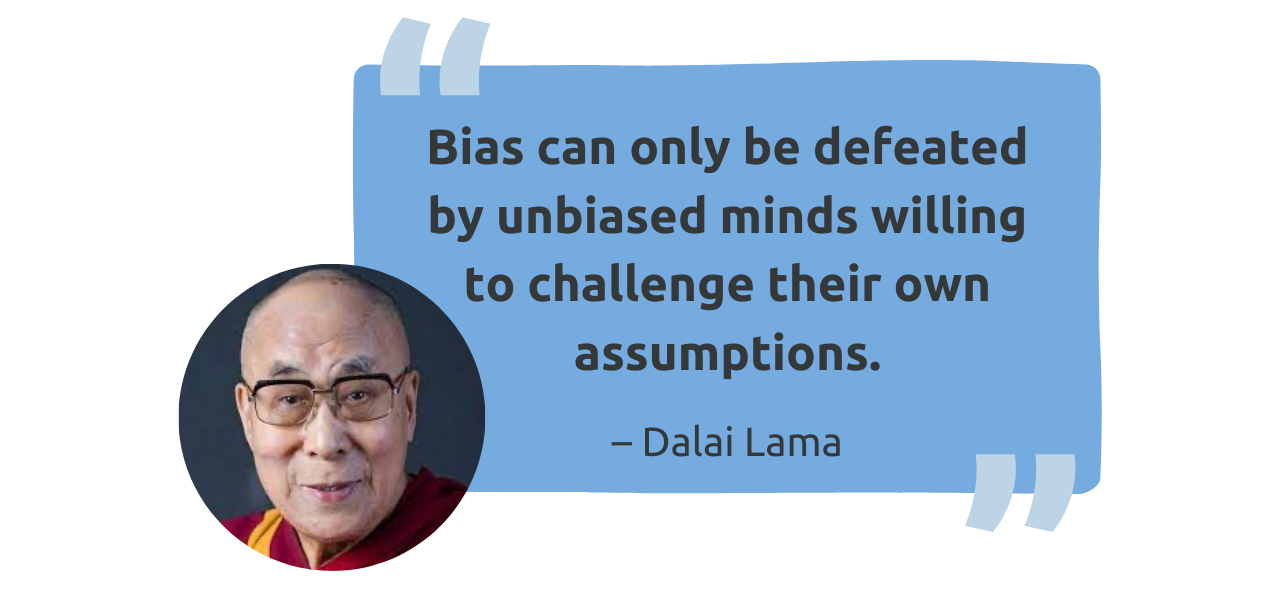Intercultural Communicative Competence in a Globalised World
"To effectively communicate, we must realise that we are all different in the way we perceive the world and use this understanding as a guide to our communication with others." – Tony Robbins
In a time marked by heightened connectivity and globalisation, the ability to communicate effectively across cultural boundaries has become an invaluable skill.
While linguistic proficiency is undeniably crucial—forming the basis of conveying ideas and information—a deeper understanding of Intercultural Communicative Competence (ICC) is essential for navigating the complexities of our interconnected world.
What is ICC?
Intercultural Communicative Competence requires a comprehensive understanding of cultural subtleties that influence communication, going beyond mere language proficiency. It involves a profound awareness of cultural norms, customs, and communication styles.
This understanding enables us not only to convey messages effectively but also to accurately interpret and respond to the implicit cues embedded in cross-cultural interactions.
For example, in Western cultures, direct eye contact (implicit cue) is generally positively evaluated as a sign of attentiveness and active listening. However, in Japanese culture, direct eye contact can be perceived as disrespectful and confrontational.
In cross-cultural interactions, the ability to interpret implicit cues is crucial for a thorough understanding of communication.
Equally crucial is the awareness of cultural nuances to ensure successful and respectful communication. This skill facilitates appropriate responses, promotes mutual understanding, and helps prevent misinterpretations.
Components of ICC
Developing Intercultural Communicative Competence requires a combination of knowledge, attitudes, and skills, including an understanding of different cultural perspectives, the ability to adapt to different communication styles, and the willingness to learn from and appreciate other cultures.
Knowledge
The knowledge component of ICC includes an understanding of diverse cultures, including their customs, values, and beliefs. It also involves an awareness of how one’s own cultural background shapes communication.
Without understanding these aspects, navigating cultural differences becomes challenging, impeding effective communication across diverse cultural settings.
Skills
The skills component of ICC involves the ability to adapt one’s communication style and behaviour to accommodate cultural differences. This means using appropriate nonverbal cues, adjusting language use and tone, and demonstrating a genuine respect for cultural norms and values.
The likelihood of misunderstandings and breakdowns in communication significantly increases when these skills are lacking.
Attitudes
The attitude component of ICC refers to a set of positive attitudes and dispositions that are necessary for effective intercultural communication. This includes curiosity, maintaining an open-minded approach, empathising with others, and demonstrating respect for cultural diversity.
Failing to adjust attitudes can result in missed opportunities to learn about other cultures, potentially leading to dependence on stereotypes and assumptions. This reliance on preconceived notions disrupts effective communication.
Collectively, knowledge, skills, and attitudes are crucial for the development of ICC, empowering individuals to adeptly navigate cultural differences and establish positive connections with people from diverse backgrounds. Together, they enable effective communication, cultivate trust, and facilitate collaboration across cultures.
The Impact of Cultural Biases and Stereotypes on ICC
If you think you are not biased, think again.
Bias, whether explicit or implicit, is a shared human trait that transcends cultural, geographic, or temporal boundaries.
Unfortunately, we all contend with this inherent bias, which occurs when decisions or conclusions are reached with incomplete knowledge.
Biases can manifest in various forms, from confirmation bias to gender bias and cultural bias, recognising these biases within ourselves is crucial for promoting fair and equitable interactions in various contexts.
Cultural biases and stereotypes can lead to a distorted understanding of other cultures.
When individuals hold preconceived notions or biases, they may interpret behaviours, language, and gestures through a narrow lens.
These biases, whether conscious or unconscious, shape our attitudes and responses in intercultural interactions. They can act as filters, distorting our perceptions and affecting the way we interpret messages.
Stereotypes and biases also contribute to communication breakdowns. When individuals rely on assumptions about a particular culture, they may misinterpret messages, leading to misunderstandings.
Effective ICC requires an open-minded and context-sensitive approach, which is compromised when filtered through biased perspectives.
Recognising and addressing our own cultural biases is crucial for effective intercultural communication. This self-awareness allows us to approach cross-cultural interactions with respect and respond appropriately.
Developing ICC
Developing Intercultural Communicative Competence is a dynamic and multifaceted process that integrates education, self-awareness, and practical strategies.
Cultural Education and Awareness
Successful communication across diverse cultures requires insight into their norms and communication styles. Immerse yourself in literature and take courses to gain a deeper understanding of various cultures. Reflect on personal biases, challenging stereotypes to adopt an open-minded approach to cultural differences.
Empathy, Listening Skills, and Adaptability
Develop empathy by considering situations from different perspectives and improve your active listening skills to understand both verbal and non-verbal cues, ensuring an accurate interpretation of messages. Adapt and use a flexible communication style that caters to different cultural preferences.
Continuous Learning
Embrace continuous learning by staying informed about global events and enhancing your grasp of cultural contexts and perspectives. Actively seek feedback on your intercultural communication skills, learning from experiences and consistently improving.
By applying these strategies in our daily lives, we can gain an understanding of intercultural dynamics and improve our ability to communicate effectively in various cultural settings.
Intercultural Communicative Competence encourages a shift from traditional modes of communication towards a more nuanced and adaptive approach, ultimately enriching our global discourse and promoting harmony in our diverse global society.
In our interconnected world, the importance of Intercultural Communicative Competence cannot be overstated. It is not merely a skill; it is a transformative force that has the power to reshape the way we engage with one another on a global scale. In embracing Intercultural Communicative Competence, we pave the way for a more connected, understanding, and united global community.
At The Dandelion Philosophy, we have a diverse team of 400+ volunteers from 49 countries. With a mix of cultures and beliefs, we are continually learning from one another to enhance our intercultural interactions and communication.
Join us on our mission for positive change and develop your intercultural communication skills along the way!







